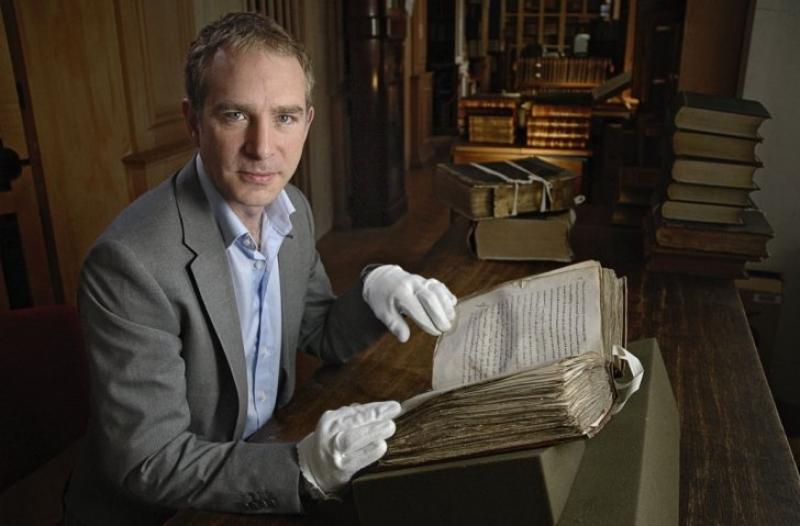Domesday, BBC Two/ Treasures of the Anglo-Saxons, BBC Four | reviews, news & interviews
Domesday, BBC Two/ Treasures of the Anglo-Saxons, BBC Four
Domesday, BBC Two/ Treasures of the Anglo-Saxons, BBC Four
How - and how not - to make history programmes for the television

What was originally a coincidence of reviewing – two dispatches from the Dark Ages, Treasures of the Anglo-Saxons on BBC Four and Domesday on BBC Two – in fact turned into a remarkably instructive diptych of how and how not to make history programmes for the television.
What was originally a coincidence of reviewing – two dispatches from the Dark Ages, Treasures of the Anglo-Saxons on BBC Four and Domesday on BBC Two – in fact turned into a remarkably instructive diptych of how and how not to make history programmes for the television.
Explore topics
Share this article
Add comment
The future of Arts Journalism
You can stop theartsdesk.com closing!
We urgently need financing to survive. Our fundraising drive has thus far raised £49,000 but we need to reach £100,000 or we will be forced to close. Please contribute here: https://gofund.me/c3f6033d
And if you can forward this information to anyone who might assist, we’d be grateful.

Subscribe to theartsdesk.com
Thank you for continuing to read our work on theartsdesk.com. For unlimited access to every article in its entirety, including our archive of more than 15,000 pieces, we're asking for £5 per month or £40 per year. We feel it's a very good deal, and hope you do too.
To take a subscription now simply click here.
And if you're looking for that extra gift for a friend or family member, why not treat them to a theartsdesk.com gift subscription?

Comments
...
...
...
...
...
...
...
...
...
I couldn't agree with you
...
...
...
...
...
...
...
...
...